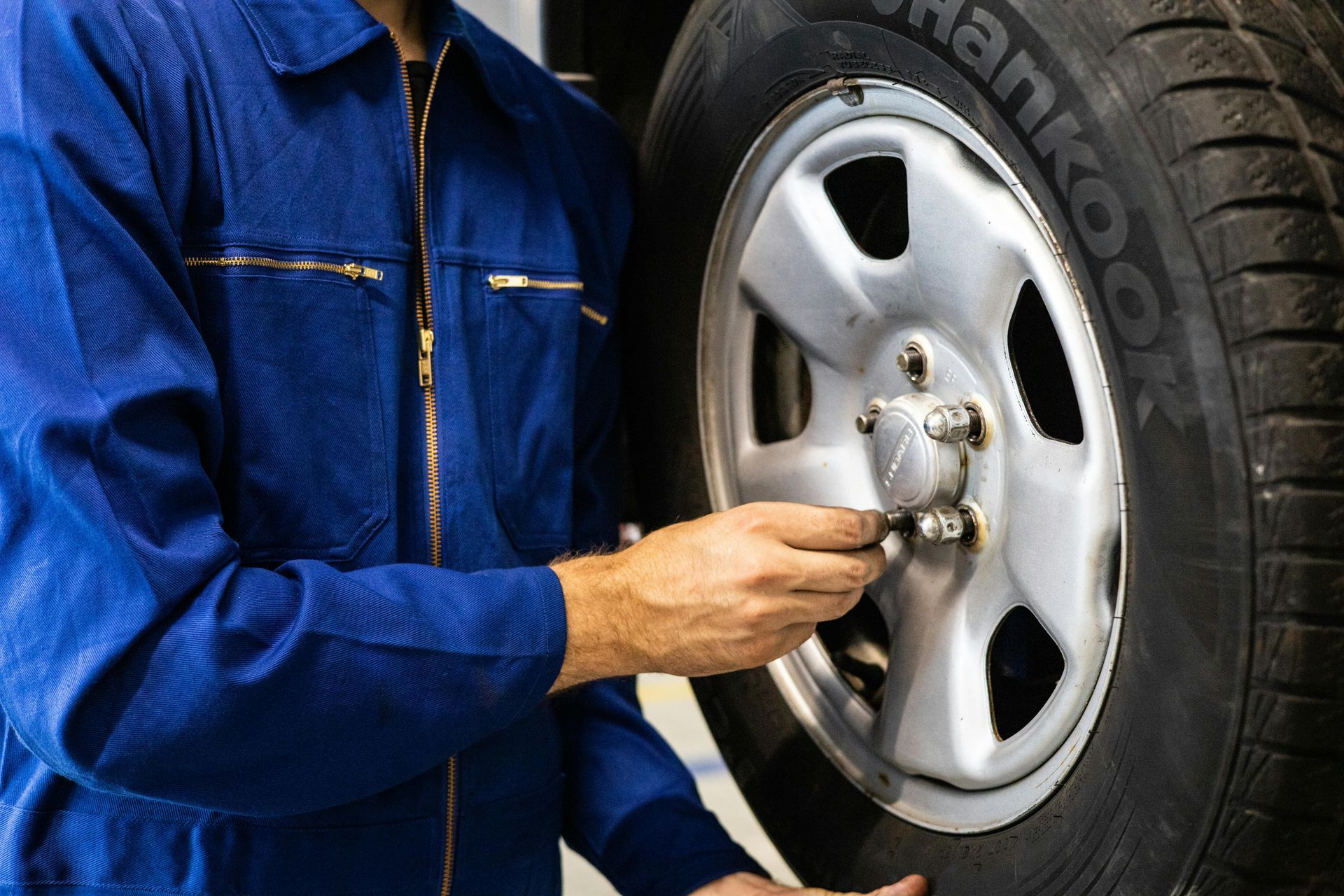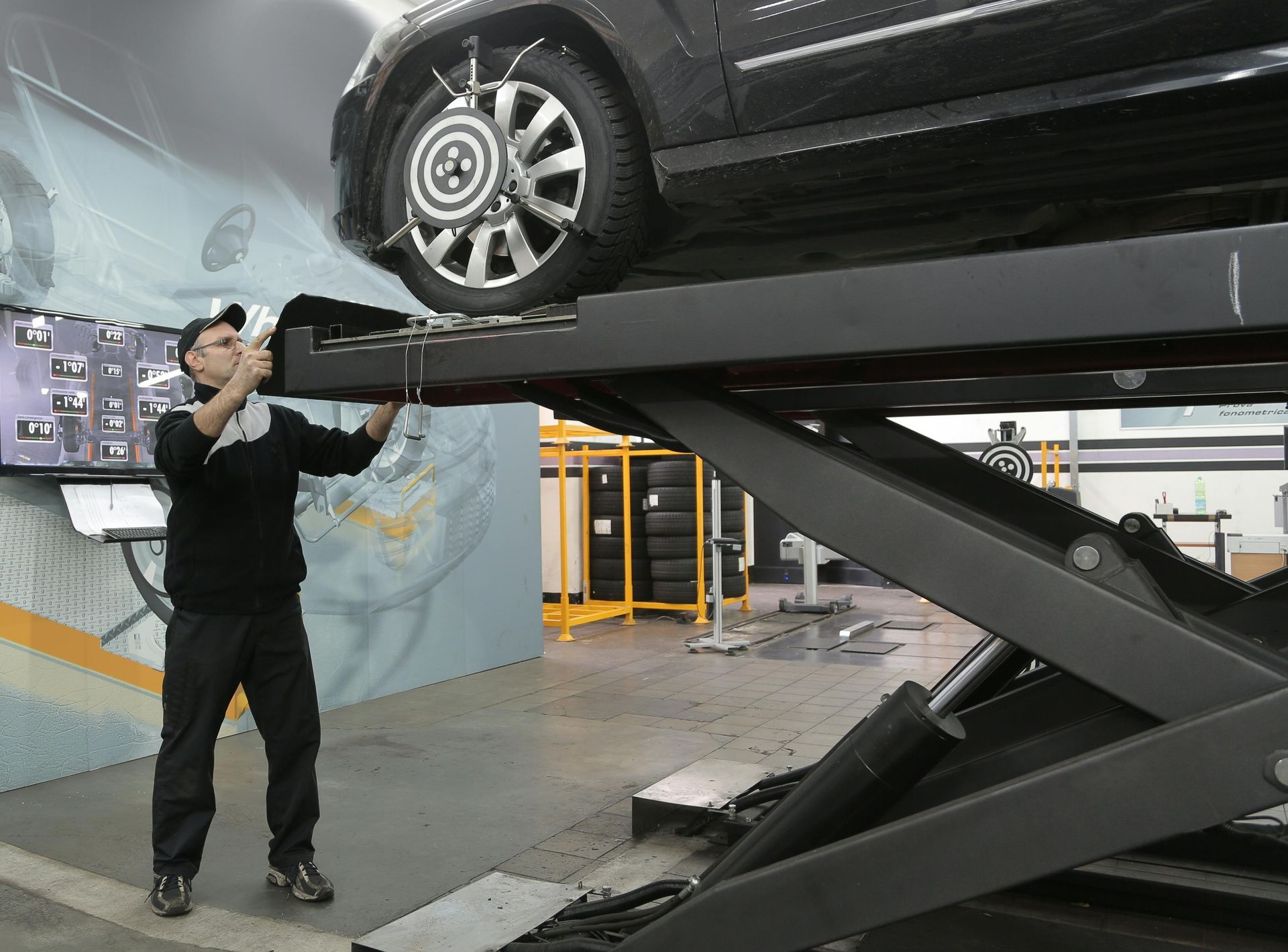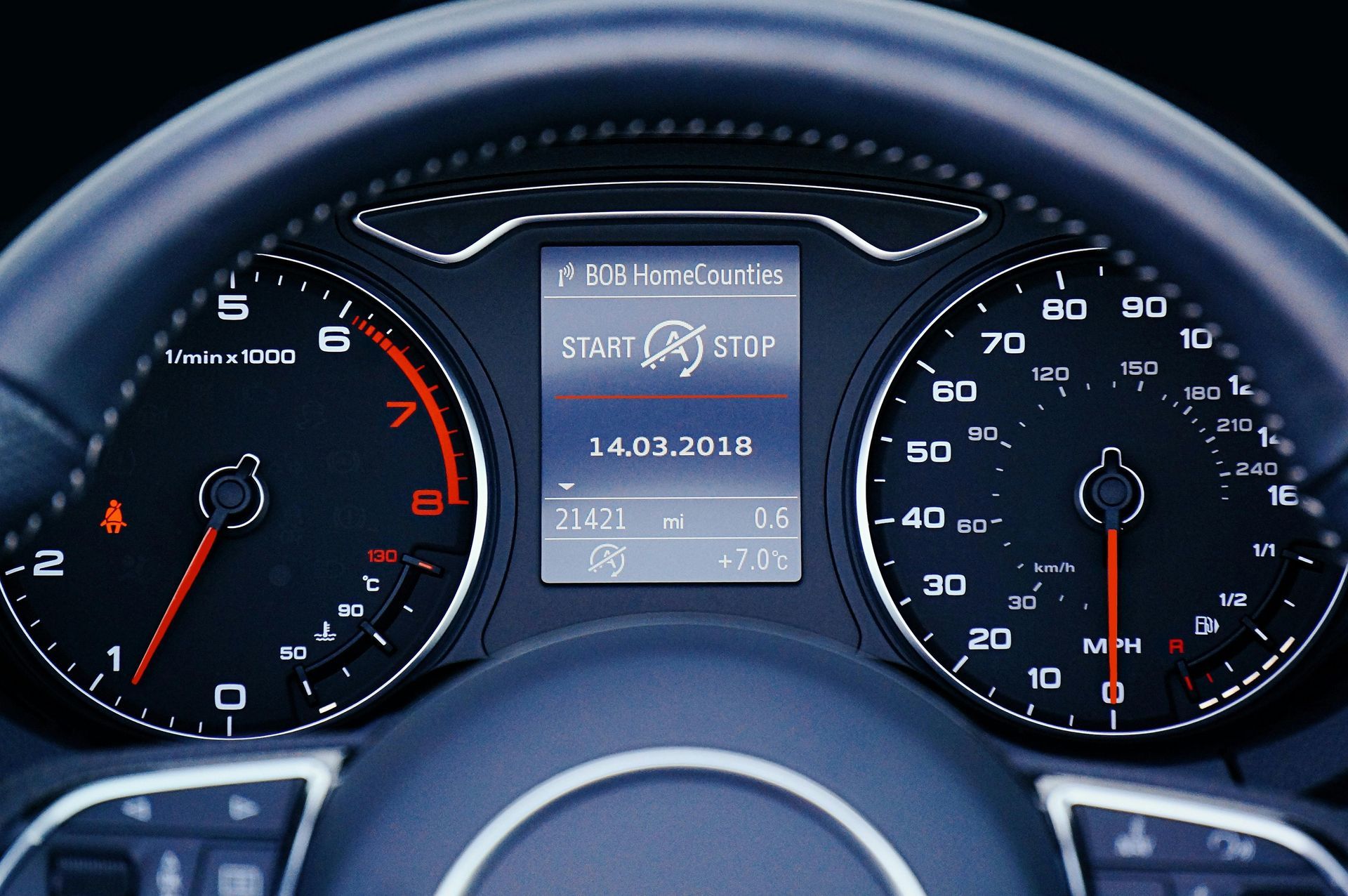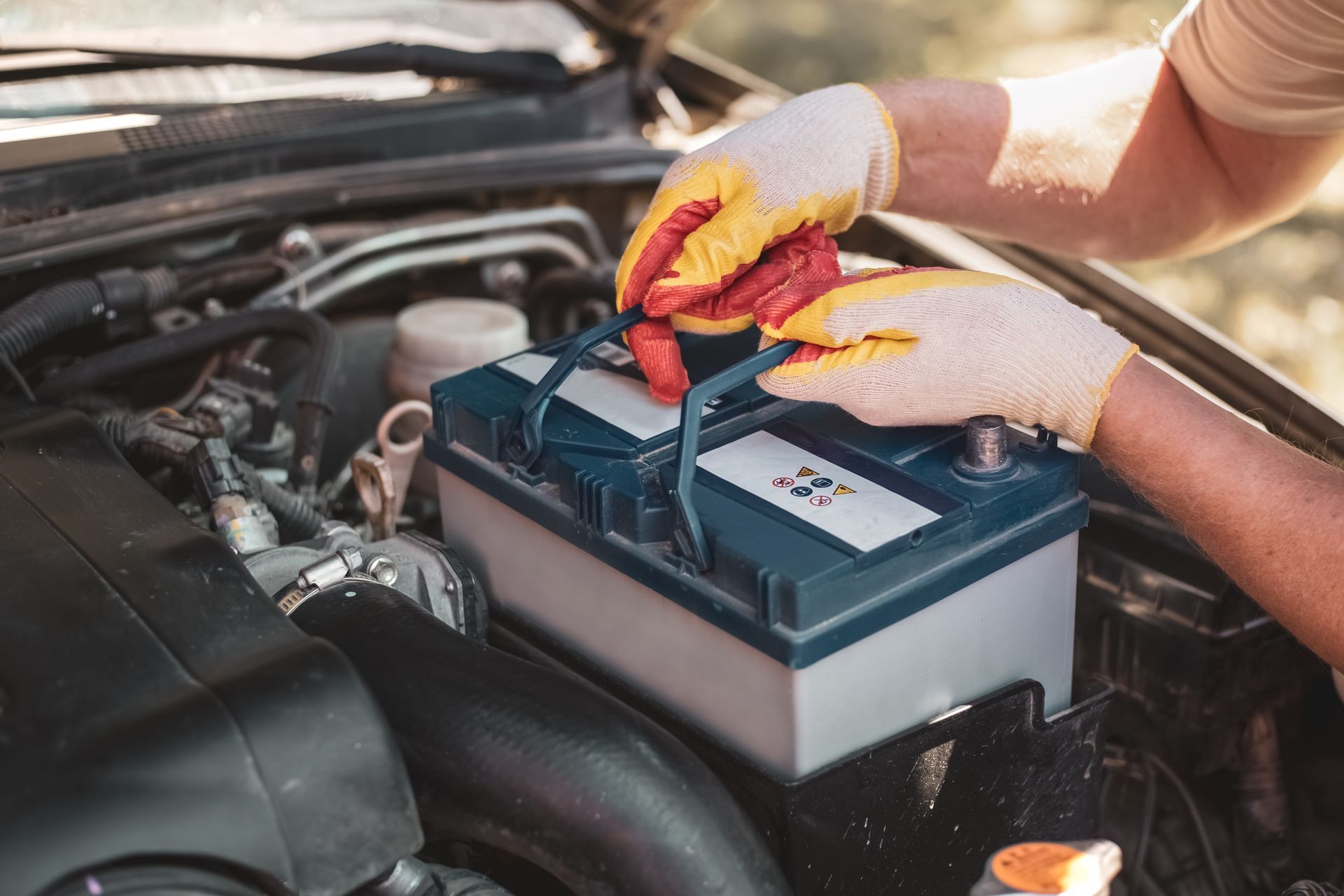How the Humid Florida Climate Affects Your Tires
Maintenance Advice for Port Charlotte Drivers
Florida’s humid climate, with its combination of heat, moisture, and frequent rain, presents unique challenges for vehicle maintenance—especially for tires. As a Port Charlotte driver, understanding how this environment affects your tires and what you can do to maintain them is crucial for safety and performance on the road. In this article, we’ll delve into how Florida’s climate impacts your tires and provide essential maintenance advice to keep them in top condition.
1. The Impact of Heat and Humidity on Tires
Florida’s high temperatures and humidity can significantly affect tire performance and longevity. Here’s how:
Tire Pressure Fluctuations: Heat causes the air inside your tires to expand, leading to increased tire pressure. Conversely, as temperatures drop (such as during a sudden rainstorm), the pressure decreases. These fluctuations can lead to underinflation or overinflation, both of which can cause uneven tire wear and reduced handling.
Rubber Degradation: The combination of heat and humidity can accelerate the aging process of your tires. The rubber in tires breaks down more quickly in hot, moist environments, leading to cracking, dry rot, and a decrease in overall tire integrity. This degradation is particularly concerning in Florida, where temperatures remain high year-round.
Hydroplaning Risk: Florida’s frequent rainstorms create a higher risk of hydroplaning, especially on worn tires. Hydroplaning occurs when a layer of water forms between the tire and the road, causing the vehicle to lose traction. Tires with low tread depth are more prone to hydroplaning, making it essential to monitor tread wear closely.
2. Tire Maintenance Tips for Port Charlotte Drivers
To combat the effects of Florida’s humid climate, regular tire maintenance is key. Here are some essential tips to keep your tires in optimal condition:
Regular Tire Pressure Checks: Because tire pressure fluctuates with temperature changes, it’s important to check your tire pressure regularly—at least once a month and before long trips. Use a reliable tire pressure gauge and inflate your tires to the manufacturer’s recommended levels, which can be found in your vehicle’s owner’s manual or on the driver’s side door jamb.
Frequent Inspections for Cracks and Dry Rot: The hot, humid conditions in Florida can cause rubber degradation, leading to cracks and dry rot in your tires. Inspect your tires for any signs of damage, including small cracks on the sidewalls or between treads. If you notice any issues, it’s best to have your tires inspected by a professional and consider replacing them if necessary.
Monitor Tread Depth: Tread depth is critical for maintaining traction, especially on wet roads. In Florida, where rain is frequent, having adequate tread depth is essential to prevent hydroplaning. The minimum legal tread depth is 2/32 of an inch, but for optimal safety, it’s recommended to replace your tires when the tread depth reaches 4/32 of an inch.
Rotate Your Tires Regularly: Regular tire rotation helps ensure even wear across all four tires, extending their lifespan and improving performance. Most manufacturers recommend rotating your tires every 5,000 to 7,500 miles, but you should check your vehicle’s manual for specific guidelines. In Florida’s climate, where tire wear can be more pronounced, adhering to a regular rotation schedule is particularly important.
Avoid Overloading Your Vehicle: Overloading your vehicle can put excessive strain on your tires, leading to overheating and increased wear. Florida’s heat exacerbates this issue, as hot tires are more susceptible to damage. Be mindful of your vehicle’s load capacity, which can be found in the owner’s manual or on the vehicle’s door frame.
3. Choosing the Right Tires for Florida’s Climate
Selecting the right tires for your vehicle is crucial for handling Florida’s unique weather conditions. Here are some factors to consider when choosing tires for your car:
All-Season Tires vs. Summer Tires: All-season tires are designed to perform well in a variety of conditions, including wet and dry roads. They are a good choice for Florida drivers who experience frequent rain but do not encounter snow or ice. However, summer tires, which are specifically designed for high temperatures and provide superior grip on wet and dry surfaces, may offer better performance in Florida’s hot climate.
Tires with Enhanced Wet Traction: Given Florida’s frequent rainstorms, it’s important to choose tires that offer excellent wet traction. Look for tires with deep grooves and specially designed tread patterns that help channel water away from the tire surface, reducing the risk of hydroplaning.
Heat-Resistant Tires: Tires made with heat-resistant compounds are better suited for Florida’s hot climate. These tires are designed to withstand high temperatures without compromising performance or durability. When shopping for tires, ask your tire professional about options that are specifically engineered for hot and humid conditions.
4. The Importance of Wheel Alignment and Balancing
Proper wheel alignment and balancing are essential for maximizing tire life and ensuring a smooth, safe ride. In Florida, where road conditions can vary due to frequent rain and humidity, maintaining correct alignment and balance is especially important.
Wheel Alignment: Misaligned wheels can cause uneven tire wear, reducing the lifespan of your tires and compromising your vehicle’s handling. Florida’s roads, which can be affected by rain and heat, may cause your alignment to shift more frequently. It’s a good idea to have your alignment checked at least once a year or whenever you notice your vehicle pulling to one side.
Wheel Balancing: Unbalanced wheels can lead to vibrations, uneven tire wear, and increased stress on suspension components. Given the effects of Florida’s climate on tire wear, regular wheel balancing is crucial to maintaining a smooth ride and prolonging the life of your tires.
5. Dealing with Flat Tires in Florida’s Climate
Flat tires are a common issue for drivers, especially in hot climates like Florida’s. High temperatures can increase the likelihood of blowouts, particularly if your tires are already worn or underinflated. Here’s how to deal with flat tires effectively:
Carry a Spare Tire: Always keep a properly inflated spare tire in your vehicle, along with the necessary tools to change a flat tire. Ensure that your spare tire is in good condition and that you know how to change a tire safely.
Consider Run-Flat Tires: Run-flat tires allow you to continue driving for a short distance after a puncture, reducing the risk of being stranded on the side of the road. These tires are a good option for Florida drivers who want extra peace of mind, especially during long trips or in areas with limited roadside assistance.
Use Tire Sealant Kits: Tire sealant kits are a temporary fix for small punctures and can be a lifesaver in an emergency. Keep a sealant kit in your car and familiarize yourself with how to use it.
6. Proactive Measures for Tire Maintenance
Taking proactive measures can help prevent tire issues before they arise, saving you time, money, and potential safety hazards.
Regular Professional Inspections: In addition to your own inspections, it’s a good idea to have your tires checked by a professional regularly. A trained technician can spot issues that may not be immediately obvious, such as internal damage or misalignment.
Keep Tires Clean: Florida’s roads can be dirty and gritty, which can accelerate tire wear. Regularly cleaning your tires and removing debris can help prevent damage and extend their lifespan.
Store Your Vehicle Properly: If you’re storing your vehicle for an extended period, especially during the hot summer months, take steps to protect your tires. Inflate the tires to the correct pressure, park the car on a clean, dry surface, and consider using tire covers to shield them from the sun.
Conclusion
Florida’s humid climate presents unique challenges for tire maintenance, but with the right knowledge and proactive care, you can ensure your tires remain in excellent condition. From understanding how heat and humidity affect tire performance to selecting the right tires for Florida’s weather, these tips will help you stay safe on the road and maximize the lifespan of your tires. Regular maintenance, proper tire selection, and awareness of the local climate’s impact on your vehicle are key to enjoying worry-free driving in Port Charlotte. Visit Race Ready Auto Repair for professional tire services and expert advice tailored to Florida drivers.











